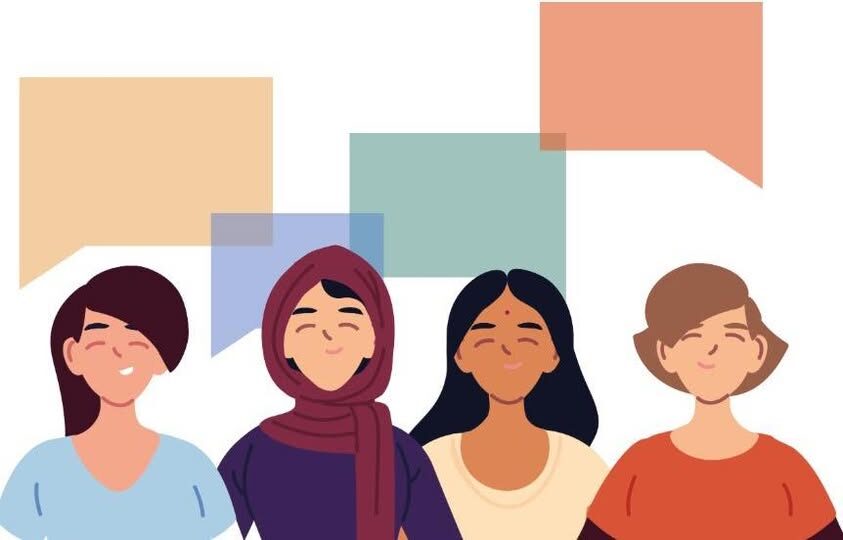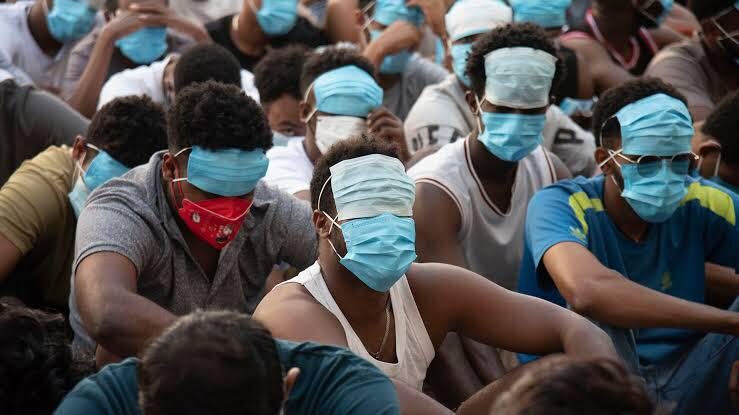Human Rights’ Struggles in Africa: Examining the Suppression of Peaceful Protests
By: Amb. Joshua Fagbemi
Ed. 217
On June 25, 2025, Kenya’s ‘Gen Z’ took to the streets in a one-year remembrance of the June 25, 2024, anti ‘Finance Bill’ protest under President Samoei Ruto’s administration. As fate might have it, the ordeal was indeed a similar repeat of what happened 12 months ago: suppression of rights.
At least 16 protesters were confirmed dead and over 400 were injured after Kenyan police fired live bullets to disperse the peaceful demonstration, according to The Guardian report. While this not only demonstrates violence, it spells a repeated trait of abuse of power and infringement on freedom of expression. This was further replicated as the Communications Authority of Kenya (CA), during the early hours of June 25, banned live coverage of the protests, citing national security measures and protection of ‘supposed’ honour.
The police brutality act and suppression of rights bring a familiar scenario in Africa at large.
In 2024, unlawful attacks and killings by government forces and armed groups were recorded across Africa, including Burkina Faso, Cameroon, the Central African Republic (CAR), the Democratic Republic of the Congo (DRC), Ethiopia, Kenya, Mali, Mozambique, Niger, Nigeria, Somalia, South Sudan and Sudan.
Nigeria’s October 2020 #EndSARS protest brings a fresh memory of how military men opened fire at unarmed protesters in the Lekki Toll Gate without warning. That nationwide protest against police brutality recorded over 56 deaths, ringing a sad tale in the cost of freedom of expression, people’s rights to life, dignity, and peaceful assembly.
According to Amnesty International, Human rights in Africa are often suppressed through various means, including armed conflict, state repression, and restrictions on political participation. These violations manifest in different forms, such as extrajudicial killings, discrimination, arbitrary arrests, and limitations on freedom of expression. While legal and institutional frameworks exist to protect human rights, their effectiveness is often hampered by a lack of implementation, and democracy is hindered by self-interest and political will.
Last year, in a move to hinder free will, several African governments made moves to introduce restrictions on the right to freedom of expression. In Equatorial Guinea, parliament began debating in March a cybercrime bill that would introduce new restrictions on social media use. In Gambia and Lesotho, there were fears that cybercrime bills before the respective parliaments would lead to abuses of and restrictions on the right to freedom of expression if passed without amendments. In Niger, authorities reinstated jail sentences for defamation and related offences, reversing progress previously made on the right to freedom of expression.
However, protests led by young people are expected to skyrocket in Africa, driven by the poor living conditions and political leaders’ failure to deliver economic progress across the region.
A report by Empower Africa shows that while Africa makes up around 20% of the earth’s landmass and is home to approximately 16% of the world’s population, Africa’s economies account for just 3% of the world’s GDP. Another 2023 data revealed that Africa has the highest extreme poverty rates globally, with 23 of the world’s 28 poorest countries, which have extreme poverty rates above 30%. Using the poverty line of $1.90 per day, Africa’s extreme poverty rate was estimated to be about 35.5% (about 6.8 times higher than the average for the rest of the world). Also, post-COVID saw more than 30 million Africans added to the poverty basket.
While these signal a worsening status of Africa’s economic and living conditions, youths are rising to lead demonstrations and fight for the desired change. As such, these peaceful acts are expected to be displayed without any form of political or brutal hindrance from the government.
African governments must ensure law enforcement agencies comply with international human rights law and standards. All forms of force or harassment against those exercising their rights to freedom of expression and peaceful assembly must be prevented, and also create a safe and enabling environment for civil society organisations to function.
For a positive change, Africa needs these peaceful protests.
*Gen Z: Generation Z (persons born in the late 1990s to early 2010s).
Image Credit: The New Yorker
———————————————-
Facebook: Peacepace Initiative
LinkedIn: Peacepace Initiative
X:@PeacepaceNG
Instagram: peacepace_initiative



